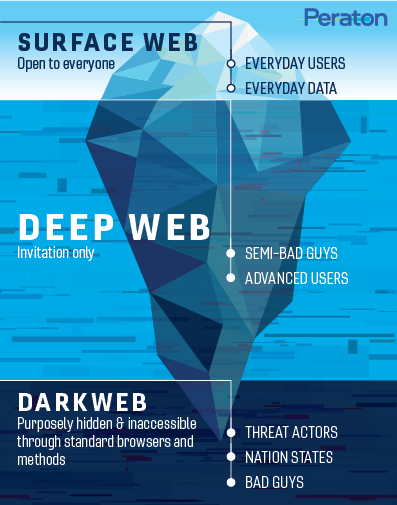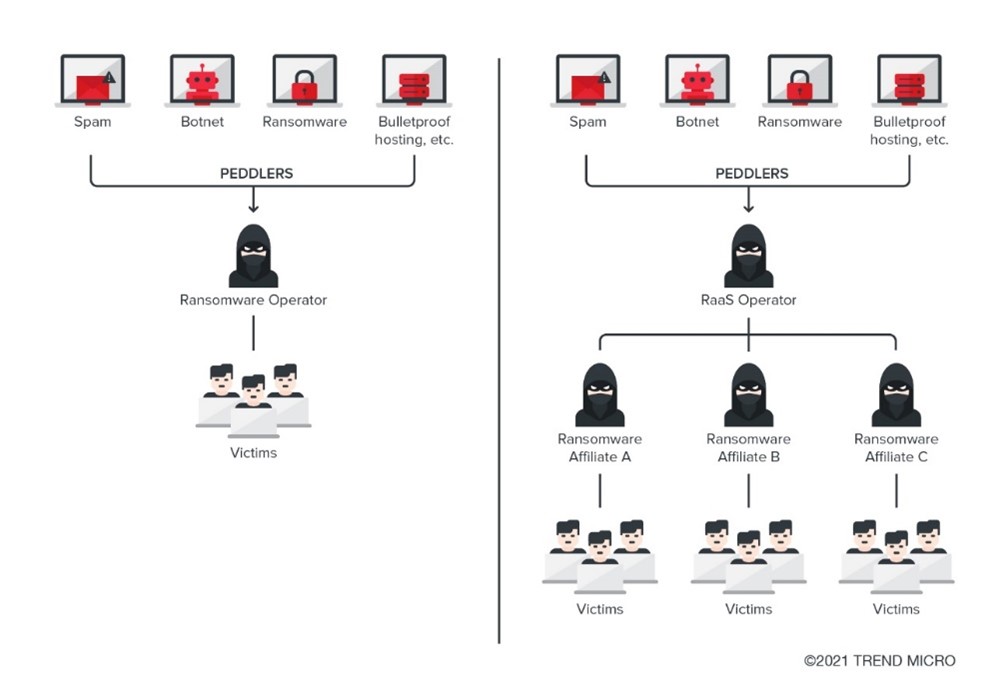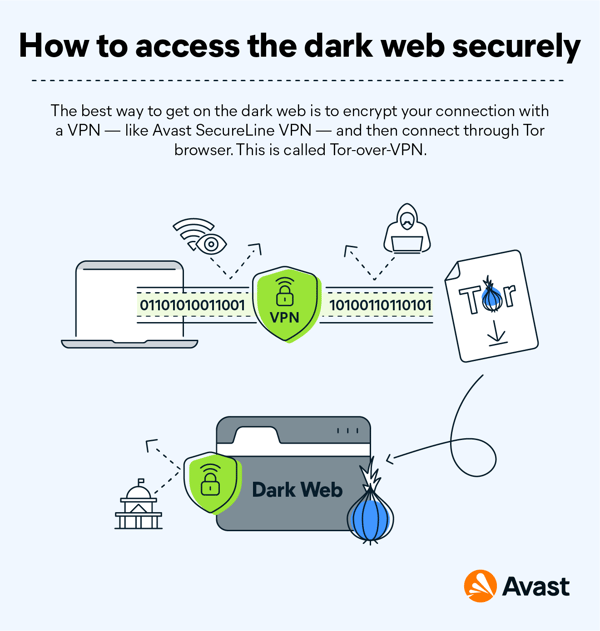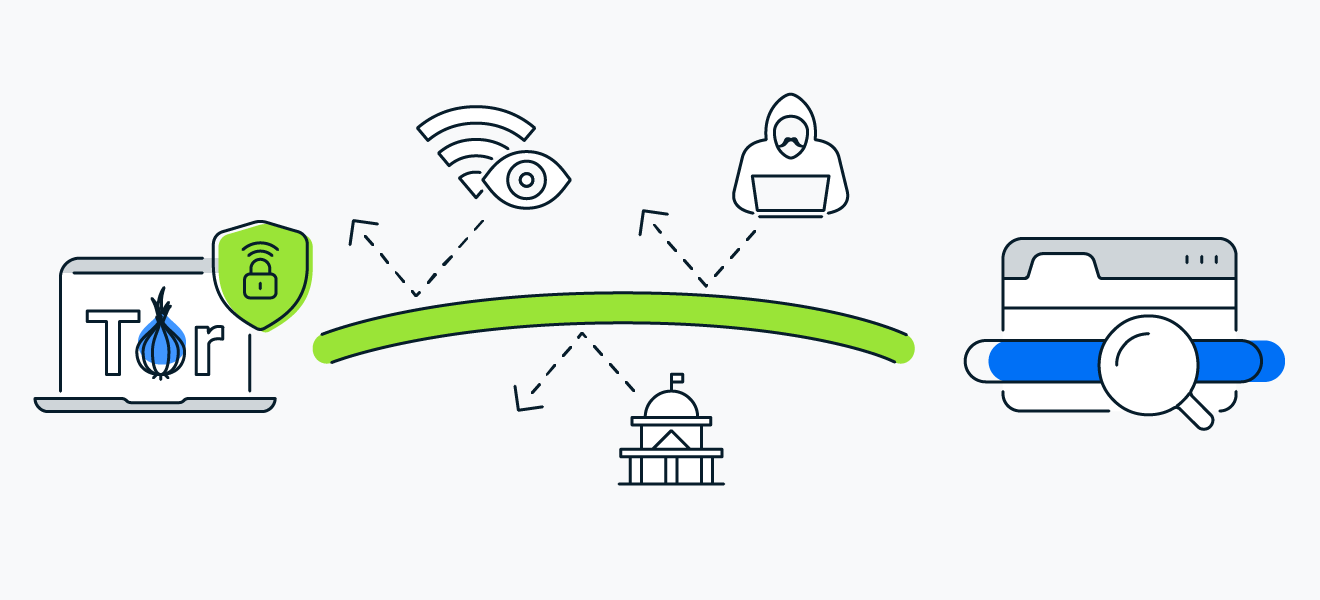Table of Contents
Dark Web Definition
:max_bytes(150000):strip_icc()/dark-web-4198212-bdd6dd31665e440789a47bd7f2b14460.jpg)
A portion of the internet that search engines don’t index is known as the “dark web.” It’s likely no surprise that the “dark web” has been described as a hub for illegal behaviour. Over the course of five weeks in 2015, researchers Daniel Moore and Thomas Rid of King’s College in London classified the contents of 2,723 live dark websites, discovering that 57% of them had illegal content.
Things have become worse, according to a 2019 study titled “Into the Web of Profit,” which was carried out by Dr. Michael McGuires at the University of Surrey. Since 2016, there have been 20% more dark web listings that could be detrimental to a business. Sixty percent of all listings (except those that offer drugs) have the potential to hurt businesses.
Credit card information, narcotics of all kinds, weapons, fake money, hacked Netflix accounts, stolen membership passwords, and software that facilitates computer intrusions are all available for purchase. Purchase the login information for a $50,000 Bank of America account, prepaid debit cards, fake $20 bills, or a “lifetime” Netflix premium subscription. You can get computer attacks done for you by hiring hackers. Passwords and usernames are sold.
The dark web has a legitimate side as well as being criminal. You can sign up for a chess club or use BlackBook, a social network dubbed “the Facebook of Tor,” as an example.
Deep Web vs. Dark Web: What’s the Difference?
Although the terms “deep web” and “dark web” are occasionally used synonymously, they are not the same. Anything on the internet that is not indexed by and thus not available through a search engine like Google is referred to as the “deep web.” Anything that is protected by a paywall or requires login information is considered deep web content. Any content that its owners have forbidden web crawlers from indexing is also included.
The deep web includes, among other things, private business websites, membership websites, fee-based content, and medical records. The deep web is thought to make up between 96% and 99% of the internet. A small percentage of the internet may be accessed using a regular web browser; this area is referred to as the “clear web.”
As will be discussed below, the dark web is a portion of the deep web that is purposefully concealed and only accessible with the use of the browser Tor. Although the exact extent of the dark web is unknown, most estimates place it at about 5% of the entire internet. As said before, not all of the dark web is utilized for illegal activities, despite its menacing moniker.
Dark Web Tools and Services

Twelve categories of tools or services were recognized by the Into the Web of Profit report as potentially dangerous in the event of a network breach or data compromise:
- Infection or attacks, including malware, distributed denial of service (DDoS), and botnets
- Access, including remote access Trojans (RATs), keyloggers and exploits
- Espionage, including services, customization, and targeting
- Support services such as tutorials
- Credentials
- Phishing
- Refunds
- Customer data
- Operational data
- Financial data
- Intellectual property/trade secrets
- Other emerging threats
Three risk factors were also listed in the report for each category:
- Devaluing the business could mean losing position to a rival, destroying brand trust, or causing reputational harm.
- Causing disruptions to the company, such as DDoS attacks or other malware that interferes with regular business activities.
- Defrauding the business, which might involve espionage or intellectual property theft that reduces a company’s capacity to compete or results in a direct financial loss.

For some time now, ransomware-as-a-service (RaaS) kits have been sold on the dark web, but with the emergence of specialized criminal organizations like REvil or GandCrab, such products have become much more deadly. These organizations create their own highly skilled malware, occasionally integrating it with already-made tools, then disseminate it via “affiliates.”
Via the dark web, the affiliates spread the ransomware kits. Frequently, victims’ data is stolen in these attacks, and if the ransom isn’t paid, the material is threatened to be released on the dark web.
This is a profitable and successful company model. For instance, IBM Security X-Force revealed that REvil was involved in 29% of its ransomware engagements in 2020. Typically, between 20% and 30% of the affiliates’ earnings go to the criminal groups that created the software. According to IBM estimates, REvil made $81 million in profits in the previous year.
Dark Web Browser

You may believe that accessing the dark web is simple, given all of this activity and this picture of a busy marketplace. It’s not. With everyone being anonymous, the environment is exactly as disorganized and chaotic as you could anticipate, and a sizable portion of people are there to con others.
It is necessary to utilize the anonymizing browser Tor in order to access the dark web. Thousands of volunteers worldwide run a network of proxy servers through which the Tor browser directs requests for online pages, making it impossible to identify or trace your IP address. Although Tor functions like magic, the user experience is erratic, unreliable, and excruciatingly slow—just like the black web itself.
Nevertheless, the dark web offers a unique look into the seedy underbelly of the human experience for those who are prepared to put up with the discomfort – all without the danger of creeping around in a dark alley.
Dark Web Search Engines

There are dark web search engines, but it’s difficult for even the greatest to stay on top of the ever-changing terrain. It is similar to what it was like to search the internet in the late nineties. Even Grammes, one of the greatest search engines, frequently delivers results that are redundant and unrelated to the query. Another way is to use link lists like The Hidden Wiki. However, even indices yield a maddening amount of 404 errors and timed-out connections.
Final Words
There isn’t much you can do if you discover your personal information on the dark web, but at least you will be aware that your information has been compromised. In summary, the black web is worth exploring if you can put up with its poor performance, erratic availability, and sporadic shock factor. Don’t make any purchases there. I hope you liked reading this article. You might also be interested in reading Artificial Intelligence: Its Impact on Our Lives
